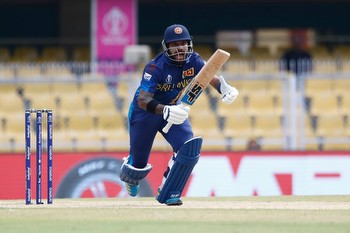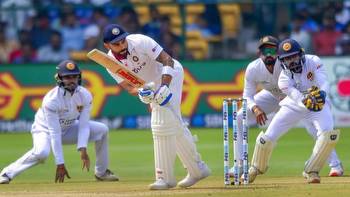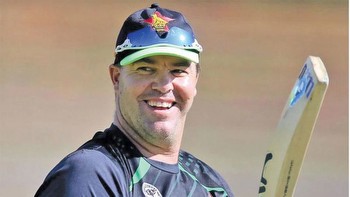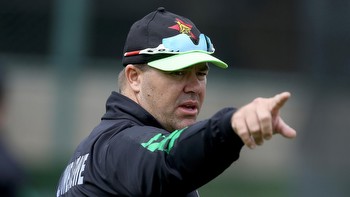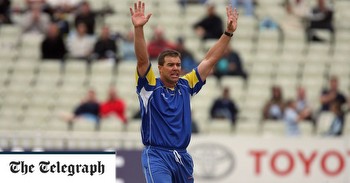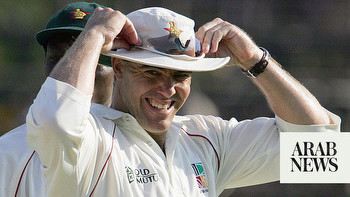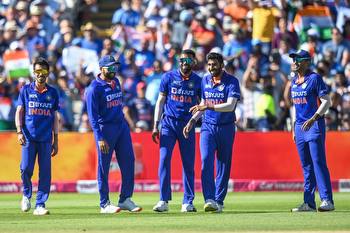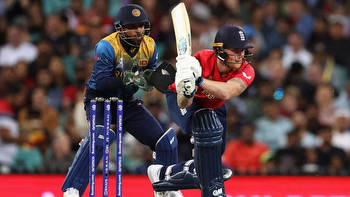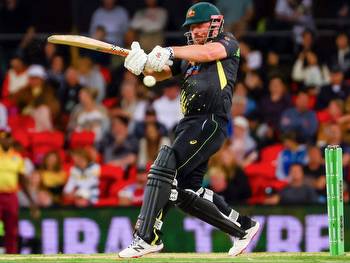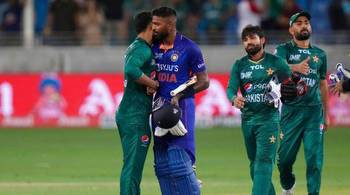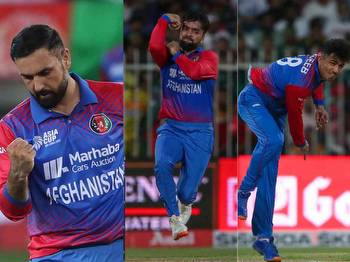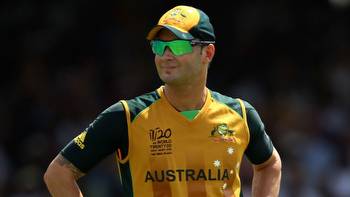Heath Streak obituary: Zimbabwe fast bowler was key player in successful
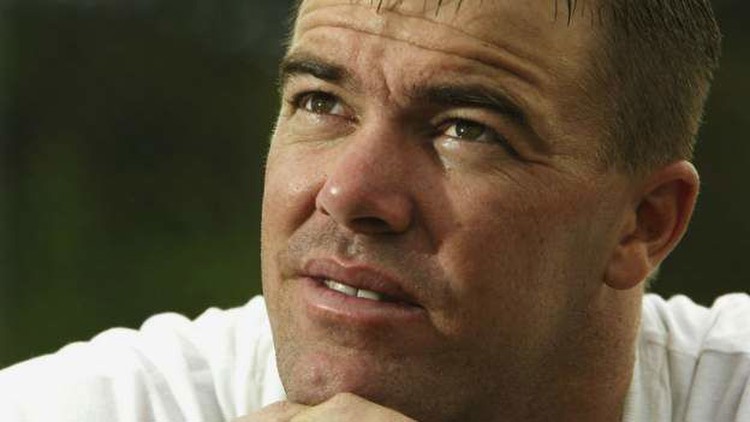
Streak, who had been having treatment for cancer, remains his country's highest wicket-taker in both Test and one-day international cricket.
Like many Zimbabwean players of that era, his playing days were often overshadowed by wide-ranging political issues.
But after a series of coaching appointments at home and abroad, his career was effectively ended in 2021 with a ban from the International Cricket Council (ICC) following corruption charges.
From farm boy to Test bowler
Heath Hilton Streak was born in Bulawayo in March 1974, in a country then known as Rhodesia - for which his father Denis had played at first-class level.
Growing up on the family ranch, young Heath made his name as a prodigious schoolboy all-rounder who could bowl fast, hit the ball hard and was an excellent fielder.
He had only four unremarkable first-class appearances under his belt when he was chosen as one of six Test debutants against Pakistan in Karachi in December 1993.
Streak sent down 39 wicketless overs for 117 runs and was bowled for a first-ball duck by Waqar Younis, but the teenager showed glimpses of his wholehearted character in the second innings, grinding out an unbeaten 19 in 137 minutes in an unsuccessful attempt to save the Test.
Better luck was to follow in Rawalpindi as Streak captured the first of his seven five-wicket Test hauls - still a Zimbabwe record.
By the time Pakistan toured Zimbabwe in early 1995, Streak was the spearhead of the hosts' attack, taking 6-90 in the first innings of Zimbabwe's first-ever Test win.
He spent that summer with English county side Hampshire, gaining valuable experience, and there was double delight for the Streak family when Denis came out of retirement aged 46 to join Heath in playing for Matabeleland as they beat Mashonaland in Zimbabwe's Logan Cup final in Bulawayo in 1996.
World Cups and off-field worries
Test victories for Zimbabwe were still few and far between, with future England coach Andy Flower their only world-class batter, while Streak had to shoulder the burden of being the best bowler in a limited attack, though he passed the 100-wicket mark after back-to-back wins over India and Pakistan in 1998.
Zimbabwe were often more competitive in the one-day format and, despite struggling at the 1996 World Cup, better returns came in the 1999 tournament where wins over Kenya, India and South Africa helped them reach the Super Six phase at the expense of hosts England.
However, their shortcomings at Test level were laid bare at Lord's a year later as Streak's 6-87 got him on the honours board but England bowled Zimbabwe out twice in fewer than 70 overs for a crunching innings victory.
By then, the players could be forgiven if their minds were back home. Zimbabwe was thrown into chaos when President Robert Mugabe's land reforms led to the invasion and seizure of white-owned farms - sometimes violently - with the Streaks' family farm among those affected.
Captaincy and political strife
Streak was named captain in place of Flower later in 2000, and found himself in charge of a team who struggled to beat anyone other than newcomers Bangladesh at Test level.
He resigned as skipper in October 2001, but was persuaded to take the job again a year later, and it meant he was captain when politics dominated Zimbabwe's co-hosting of the 2003 World Cup.
Flower and fast bowler Henry Olonga wore black armbands in Zimbabwe's opening game, issuing a statement that they were "mourning the death of democracy in our country" under Mugabe.
Three days later, England forfeited their game with Zimbabwe rather than travel to Harare on safety grounds, after receiving death threats.
Streak resigned in 2004 after a stand-off with the board, before he and more than a dozen players went on strike, and were then sacked.
Though Streak briefly returned the following year, he ended his international career after the now-weakened Zimbabwe were thumped at home by India.
He continued to play for Warwickshire between 2004 and 2007, before a final playing stint in the unsanctioned Indian Cricket League in 2008.
Coaching career ends in disgrace
Although his country continued to struggle to put out competitive teams on the world stage, and to pay its players and coaches, Streak did return as Zimbabwe's bowling coach in 2009, before taking a similar role with Bangladesh.
He was given the Zimbabwe head coach role in 2016, but he and his entire coaching staff were sacked by email after the team failed to qualify for the 2019 World Cup.
Streak also held coaching and consultancy roles with Scotland, Somerset and in the Indian Premier League, but his association with the game ended on a sour note in 2021 when he was banned from cricket for eight years by the ICC.
The governing body found that he had colluded with an Indian man known as 'Mr X', passing on information about franchise T20 leagues - likely to be used for betting on games - and players' contact details, in return for two bitcoins and an iPhone for his wife.
Having admitted disclosing information, he insisted he had never been involved in match-fixing. "A hard-won reputation, sold cheap," the Guardian newspaper wrote.
The cancer diagnosis was announced in May 2023, with a family statement referencing his indomitable spirit.
"He will continue to fight this disease in a similar vein to that which his opponents faced during his revered days on the cricket field," it read.







